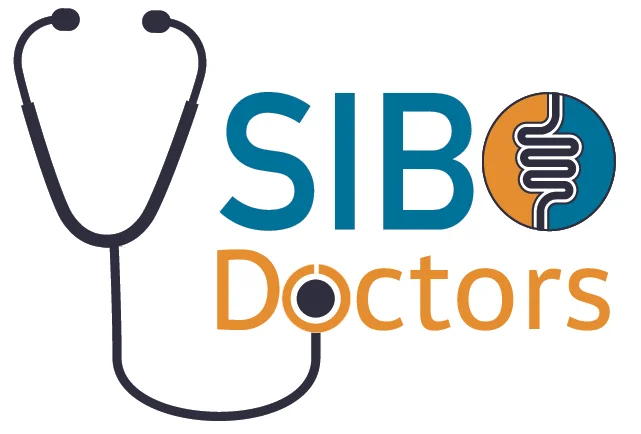I Have Been Diagnosed with SIBO...
Now What?
Once an official diagnosis of SIBO has been obtained through 3-hour lactulose hydrogen and methane breath testing, treatment of SIBO can then commence. Treatment occurs in two main steps:
- Eradication (Eliminating) the Overgrowth of Bacteria
- Restoring MMC Function and Healing the Digestive Tract
Step 1: Eradication
The initial step of treatment is focused on eliminating the overgrowth that has taken hold of parts of the small intestines. This is done through using specific types of pharmaceutical antibiotics and specific types of herbal antibiotics. The testing results will help any SIBO-experienced doctor with choosing the right combination of antibiotics needed. The majority of SIBO patients will begin to see significant turn around in their digestion and bowel movements within the first 2 weeks of eradication treatment. Patients can also see positive changes in their skin, cognition, and mood.
Choosing a SIBO doctor is crucial, as they routinely prescribe a specific pharmaceutical antibiotic that is considered extremely safe, and has been shown to be very effective in eradicating a certain form of SIBO. These same SIBO doctors are highly trained and educated in the herbal antibiotics that have also been shown to be very effective at treating both forms of SIBO.
Step 2: Restoration
Once eradication of the SIBO is complete, and the majority, if not all of the IBS-like symptoms have resolved, it is extremely important that the final stage of treatment is begun. This phase of treatment is specifically dealing with healing the gastrointestinal tract and preventing SIBO from arising in the future. This is the phase of treatment that many doctors do not commence with their patients. This is why research has shown that 50% of SIBO cases will have a relapse within 6 months of eradication. In these cases, the root cause of why the SIBO occurred in the first place was not addressed. Qualified SIBO doctors ensure to focus on correcting the usual root cause of SIBO – a dysfunctional migrating motor complex (MMC). This can effectively be done with certain medications, nutrients, and diet changes. Healing the lining of the gastrointestinal tract is also done at this time. This will allow for even more efficient digestive processes and allow the gastrointestinal immune system (GALT) to heal. When these steps are done, relapse rates significantly reduce and patients can experience ideal digestion for many years to come.
A healthy “gut” leads to healthy assimilation of nutrients, healthy skin, healthy immune function, a healthy central nervous system, and most importantly, a healthy sense of well-being.
Ensure your case is officially diagnosed and treated by an experienced SIBO doctor.
References:
Chedid V. Herbal therapy is equivalent to rifaximin for the treatment of small intestinal bacterial overgrowth. Glob Adv Health Med. 2014 May;3(3):16–24.
Scarpignato C, Pelosini I. Experimental and clinical pharmacology of rifaximin, a gastrointestinal selective antibiotic. Digestion. 2006;73 Suppl 1:13–27.
Pimentel M, Lembo A. TARGET Study Group. Rifaximin therapy for patients with irritable bowel syndrome without constipation. N Engl J Med. 2011 Jan 6;364(1):22–32.
Scarpellini E et al. Rifaximin treatment for small intestinal bacterial overgrowth in children with irritable bowel syndrome. Eur Rev Med Pharmacol Sci. 2013 May;17(10):1314–1320.
Yang J, Lee HR, Low K, Chatterjee S, Pimentel M. Rifaximin versus other antibiotics in the primary treatment and retreatment of bacterial overgrowth in IBS. Dig Dis Sci. 2008 Jan;53(1):169–174
Low K, Hwang L, Hua J, Zhu A, Morales W, Pimentel M. A combination of rifaximin and neomycin is most effective in treating irritable bowel syndrome patients with methane on lactulose breath test. J Clin Gastroenterol. 2010 Sep;44(8):547–550.
Pimentel M, Morales W. Low-dose nocturnal tegaserod or erythromycin delays symptom recurrence after treatment of irritable bowel syndrome based on presumed bacterial overgrowth. Gastroenterol Hepatol (N Y). 2009 Jun;5(6):435–442.


